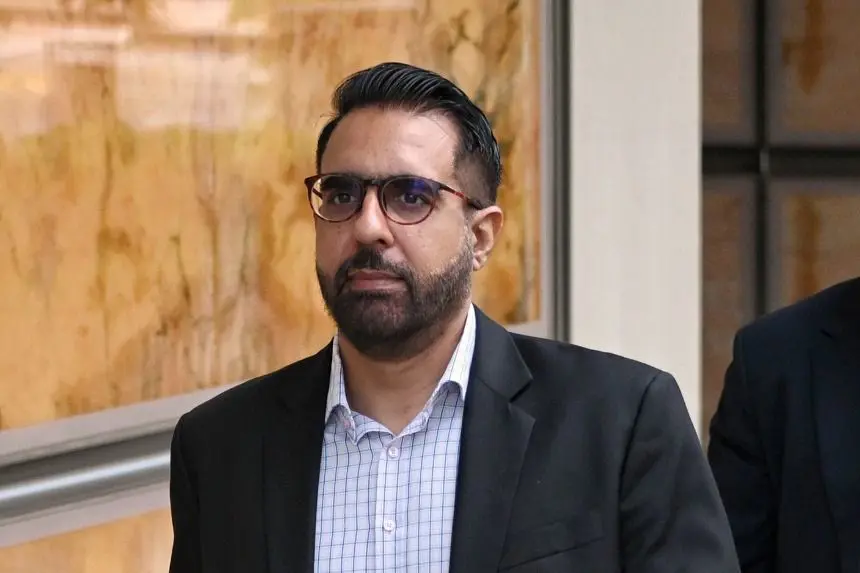Singapore’s opposition leader, Pritam Singh, has been convicted of lying to parliament in a case that could disqualify him from running in upcoming national elections. Singh, 48, the secretary-general of the Workers’ Party, was found guilty on two counts of providing false testimony to a parliamentary committee investigating a fellow party member.
The conviction, delivered on Monday, comes as a significant blow to Singapore’s struggling opposition, which has been challenging the long-standing dominance of the ruling People’s Action Party (PAP). PAP has held power in the city-state since 1959, and Singh’s conviction may further strain the opposition’s efforts to present a credible challenge in the general elections expected within months.
Singh’s case revolves around a scandal involving his former colleague, Raeesah Khan, who resigned from her legislative position after admitting to fabricating a story about a rape victim in 2021. Khan had falsely claimed in parliament that a police officer had made “insensitive comments” about the victim’s attire and alleged alcohol consumption. However, the police had no record of such an incident, and Khan eventually confessed to her deception.
Singh, accused of lying to the parliamentary committee investigating Khan’s falsehoods, reportedly claimed he was unaware of the fabricated story in an apparent attempt to protect his reputation. Court documents suggest he sought to downplay his own role as the party leader in the affair.
The ruling could have significant ramifications for Singh’s future in politics. Under Singapore’s constitution, individuals found guilty of offenses that result in a fine of at least SGD 10,000 (USD 7,400) or a prison sentence of one year or more are disqualified from running for election or holding a parliamentary seat for five years. Singh faces a maximum sentence of three years in prison and a fine of up to SGD 7,000 for each of the two charges, although the Attorney-General’s Chambers has indicated that they will seek a fine for each charge.
While the Workers’ Party has grown in influence over the years, the PAP remains firmly entrenched, having secured 83 out of 93 parliamentary seats in the 2020 general elections. Despite this, the opposition party made significant gains, capturing 10 seats—its best showing since Singapore’s independence in 1965.
As Singapore gears up for the next election, Singh’s legal battle casts a shadow over the opposition’s chances of challenging the PAP’s dominance. With his sentencing due soon, the nation will watch closely to see whether this conviction could prevent Singh from participating in what promises to be another fiercely contested race for control of the city-state.




